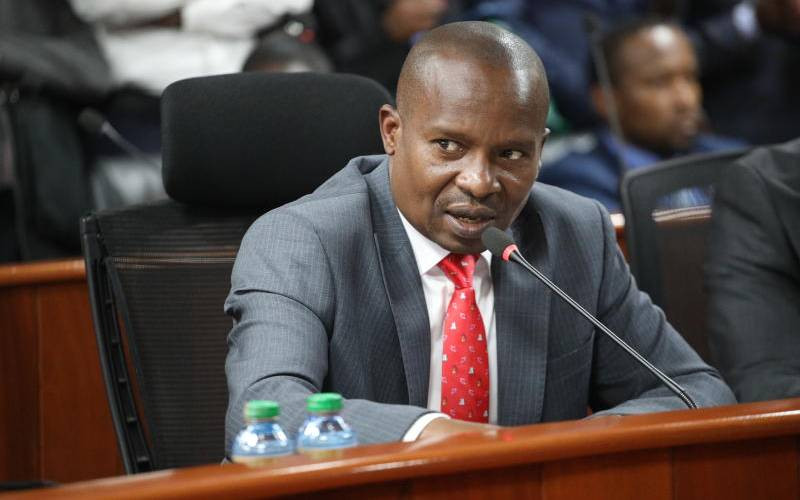CS Interior Prof Kithure Kindiki before the Senate Security , Defence and Foreign Relations committee at the Parliament buildings. [ Elvis Ogina,Standard]
×
The Standard e-Paper
Kenya’s Boldest Voice

Tribulations of teachers in Arid and Semi-Arid Land areas have continued to affect the delivery of services to learners.
Interior CS Kithure Kindiki explained how the government has to move all non-local teachers to safer grounds for fear of terrorist attacks.